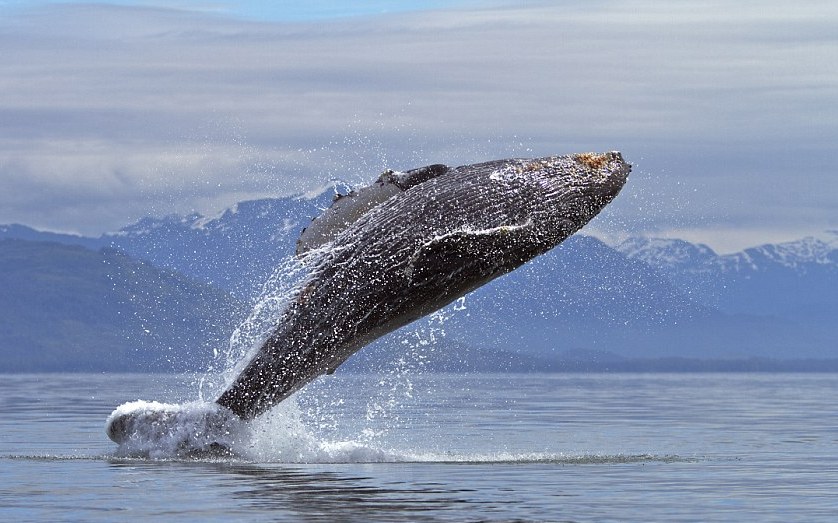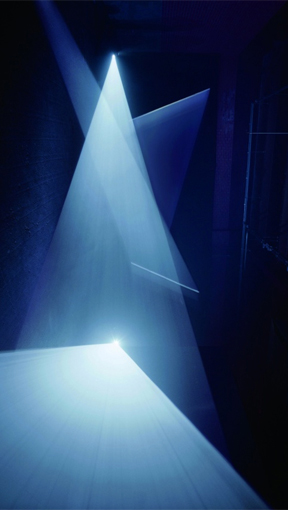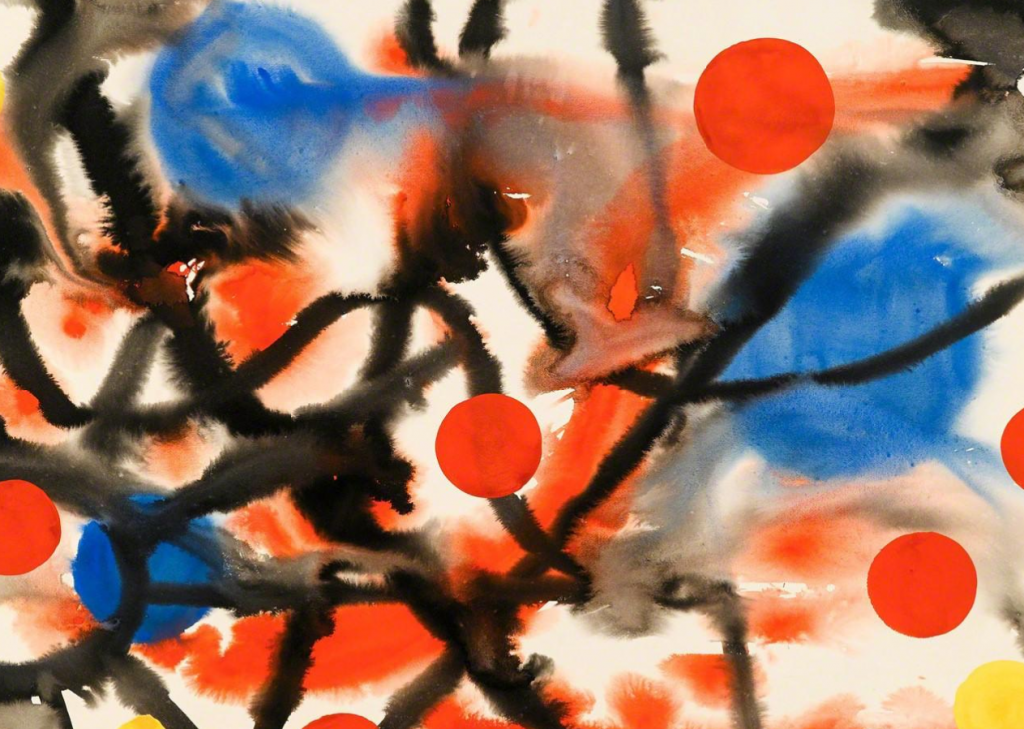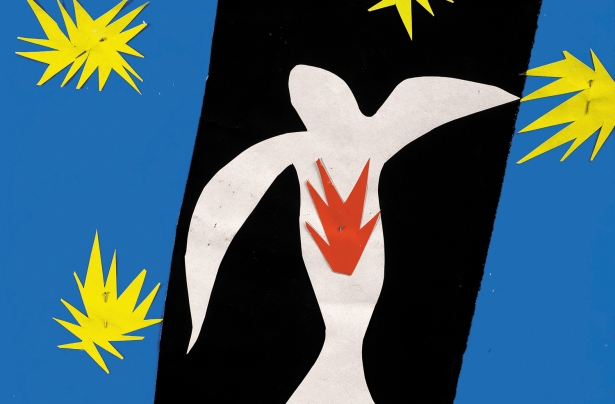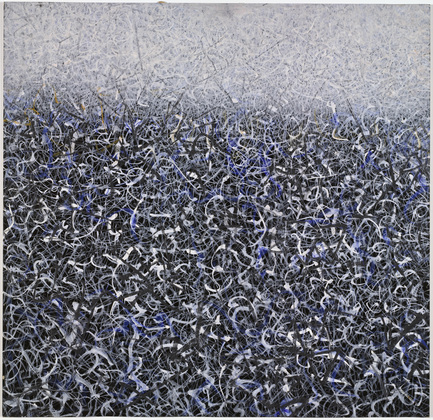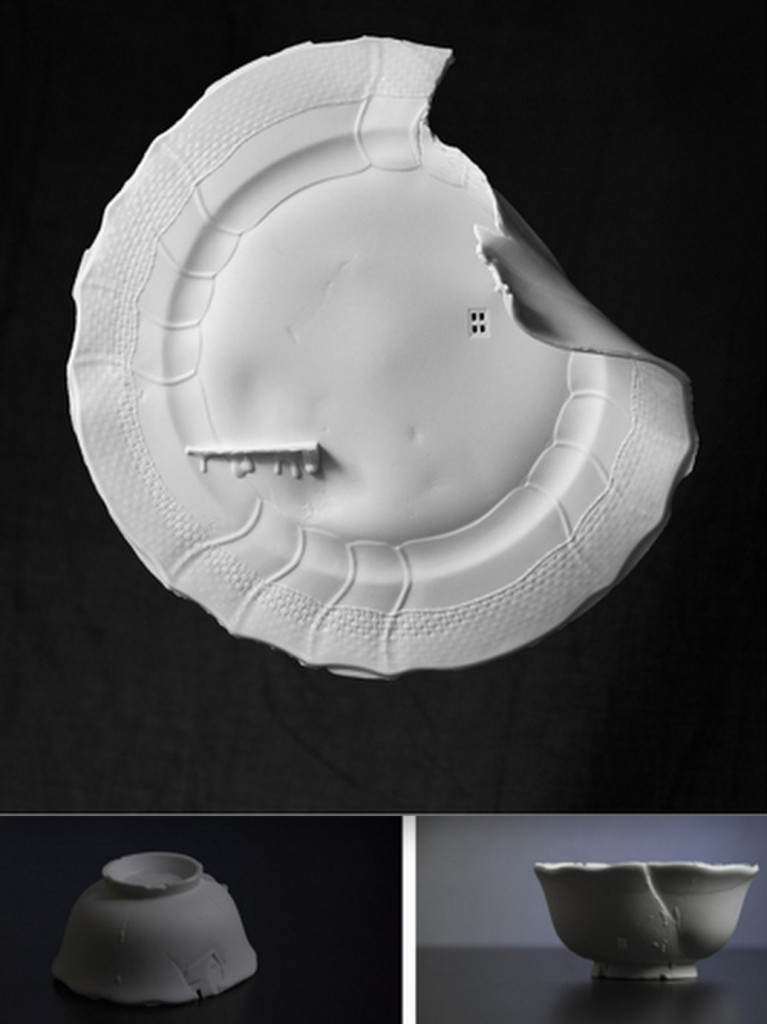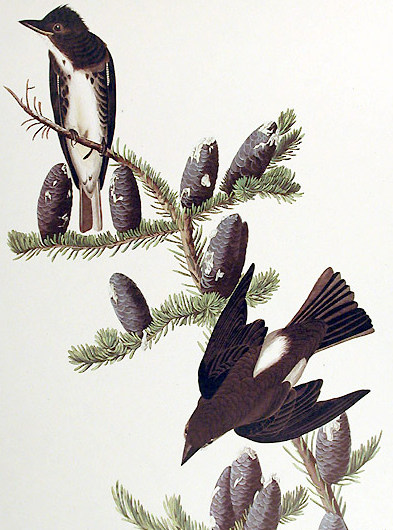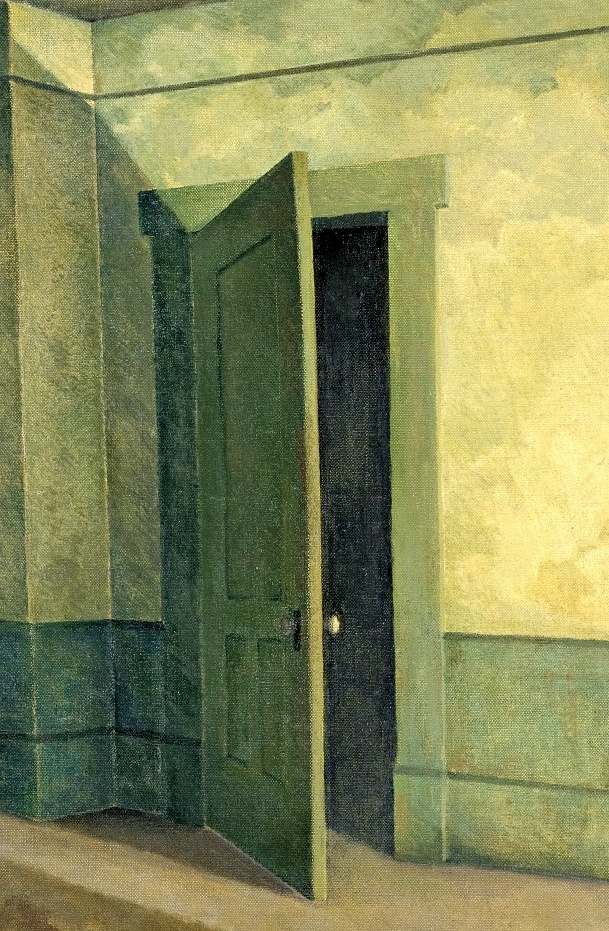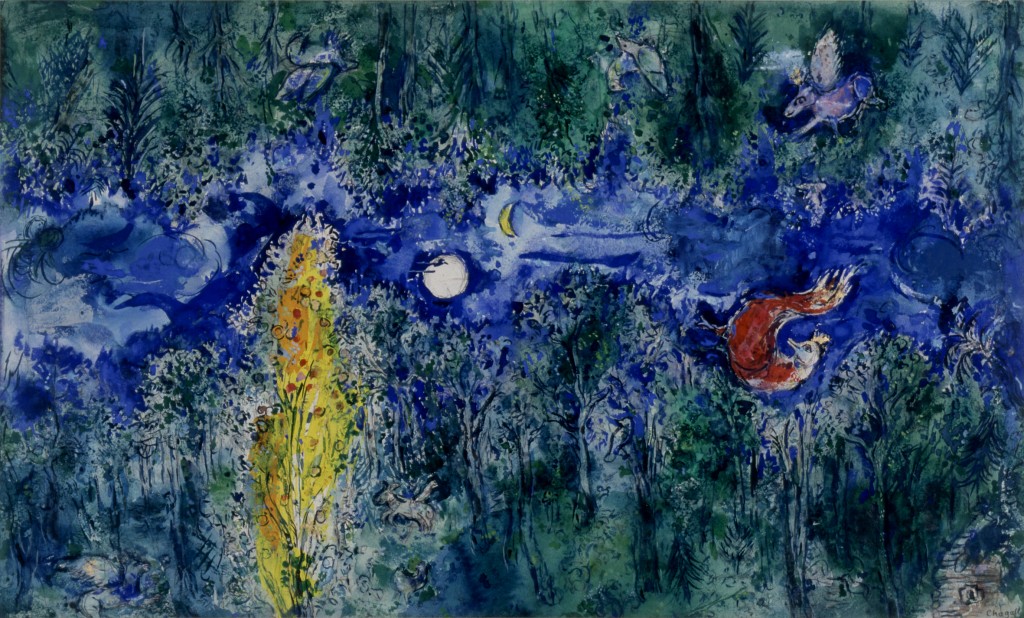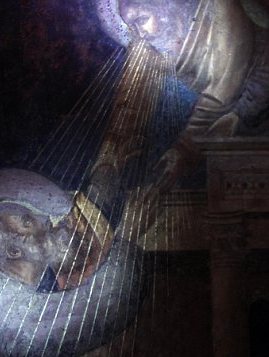LORRAINE TROUTMAN’S ROSES
for Dr. Aimee Kohn
One season, between jobs and men, I potted
pansies, weeded beds for cash. The air
was cold, spring barely evident but for the odd
crocus and a stirring among the chickadees. Alone
at Adelma Beach with my shears and instructions
to prune all of Lorraine Troutman’s roses, I scanned
the garden heavy with alder leaves, soggy
clumps of grass, and sticks blown from winter gales
funneled down the Straits. Not a wrinkle on the bay.
The leggy roses sagged from months of wind.
I snipped the canes, finding pith among deadwood
stems, making cuts at least an inch below
unhealthy branches, sometimes even slicing off
a full and shapely bud, knowing that disease
could kill the bush if I didn’t sacrifice
parts of those pale pink ramblers, yellow climbers.
The sun peeked through the clouds and I stopped,
stepped back, took in the shape of what I’d done.
When I turned I caught the light glancing off
the surface of the bay and through the calm rose
a creature from the deep, blowing from its spout.
It blasted straight up until the whole of it, shining
in the sun, held the moment in that pose, all its heft
defying air and sea. It breathed. Then heaved itself—
with joy?— sideways on the water, its tail smacking
afterwards, an affirmation of its feat.
I saw no one to wave to, to point and say, “Did you
see that?!” But all morning as I worked my way
through thorns and vines, I kept the secret close,
sometimes looking back at the spot on the water
where the whale had shown me what power lies
beneath a quiet tide; what spouting streams
exhale like healing fonts right behind us
while we pare what needs to go, taking care of what is
good and whole in Lorraine Troutman’s roses.
–Christine Hemp
from The Examined Life Journal, University of Iowa Carver College of Medicine
IMAGE: photograph: Breaching Humpback by Jon Cornforth

